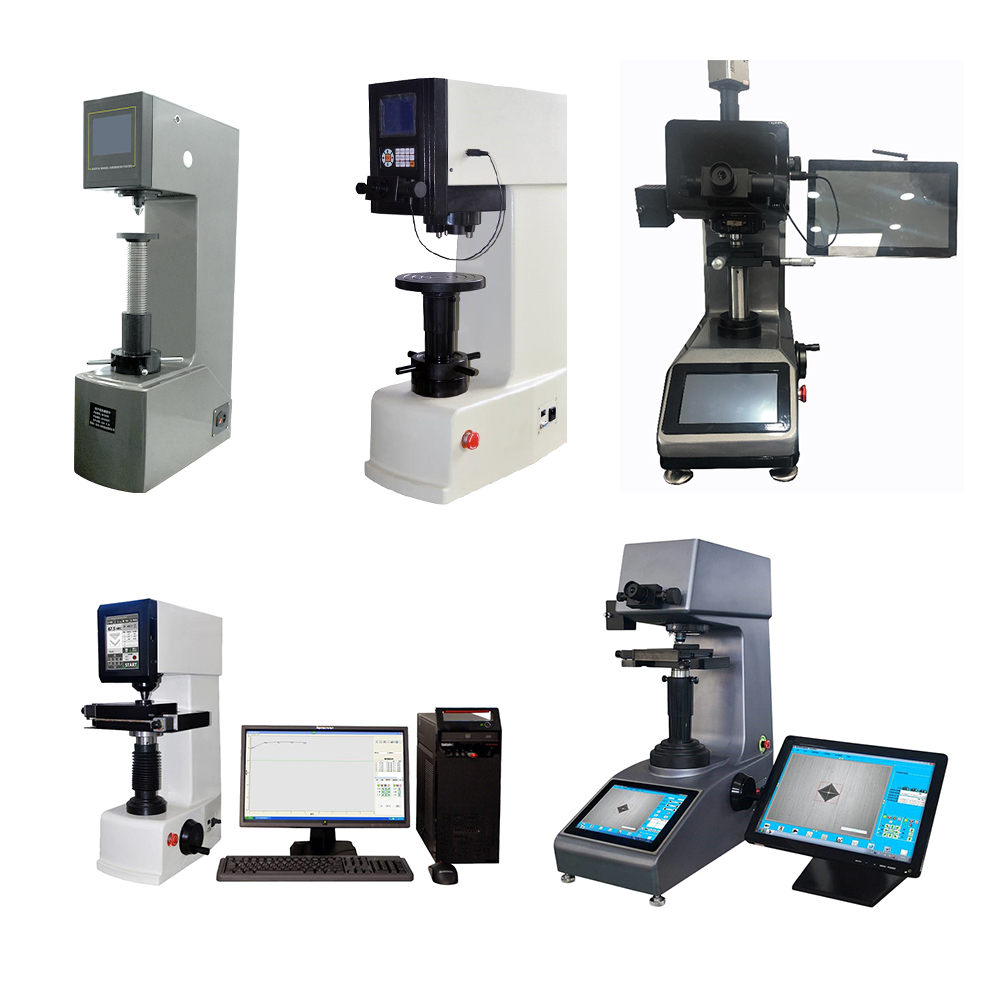Suitable for quenched steel, tempered steel, annealed steel, cold and hard casting,malleable cast iron, hard alloy steel, aluminum alloy, copper alloy, bearing steel etc. Also suitable for surface quenched steel, surface heat treating and chemical treating materials, sheet, zinc layers, chrome layers, tin layers etc.
Hardness Testing ,Tele Brinell Hardness Tester,Brinell Hardness Test Scale,Portable Rockwell Hardness Tester TROJAN (Suzhou) Technology Co., Ltd. , https://www.trojanmaterial.com
The Bank of Japan released data on the 15th that the country’s large-scale manufacturing short-term index fell to 5 in September and 8 in September. Although the data is better than market expectations, the Japanese large manufacturing confidence index fell for the first time since March 2009.
The Bank of Japan said that this was mainly dragged down by the end of the environmental subsidy system and the slowdown in exports. In addition, the index of manufacturing prospects fell to negative 2 after three months of reaction, indicating an increase in the appreciation of the yen and the uncertainty of overseas economic trends.
According to overseas media analysis, the above report reinforces concerns about the shrinking of the Japanese economy in the fourth quarter, and also raises expectations that the Bank of Japan may expand its monetary stimulus. According to data released in October, Japan’s industrial production fell the most since February 2009, export growth slowed and unemployment increased. In addition, Japanese prices fell by 0.6% in October from the same period last year and have fallen for the 20th consecutive month.
After the data was released, the yen against the US dollar fell 0.3% to 83.93 yen; this year, the exchange rate has risen by as much as 11%, the highest among the Group of Ten (G10) currencies. The Japanese stock market Nikkei 225 index fell by 0.07% to 10,309.78 points on the 15th from the previous month's closing high.
According to a survey conducted by overseas media, investors believe that prices in Japan will fall by another eight years. According to the survey, Japanese fund managers expect an average price decline of 0.6% in the next five years, and prices will fall by 0.4% per year by 2018.
In the 20 years to 2009, Japan’s gross domestic product (GDP) grew by 15% year-on-year, while US GDP rose by 158%. Japan's core consumer price index (CPI) grew by an average of 0.3% a year, with 10-year Treasury yields averaged 2.4%; US CPI averaged 2.7%, and 10-year Treasury yields averaged 5.53%.
The fund manager of the Pacific Investment Management Company, the most famous bond management institution in the United States, knows rightly: "Japan will not have a positive policy, so deflation may be extended." He said that the Bank of Japan's plan is only superficial.
In addition, according to Thomson Reuters survey, investors expect that Japan will issue 147 trillion yen of government bonds to the market in the next fiscal year, which will re-create the country's national debt issuance record. 
Japanese manufacturing data deteriorates deflation or lasts for 8 years
Economic data released on the 15th showed that Japanese manufacturing confidence fell for the first time after the financial crisis. As the lifeblood of the Japanese economy, the poor manufacturing prospects have added to the gloom of the Japanese economic recovery. Overseas media believe that Japan's economy will shrink in the fourth quarter, and deflation will continue for eight years.